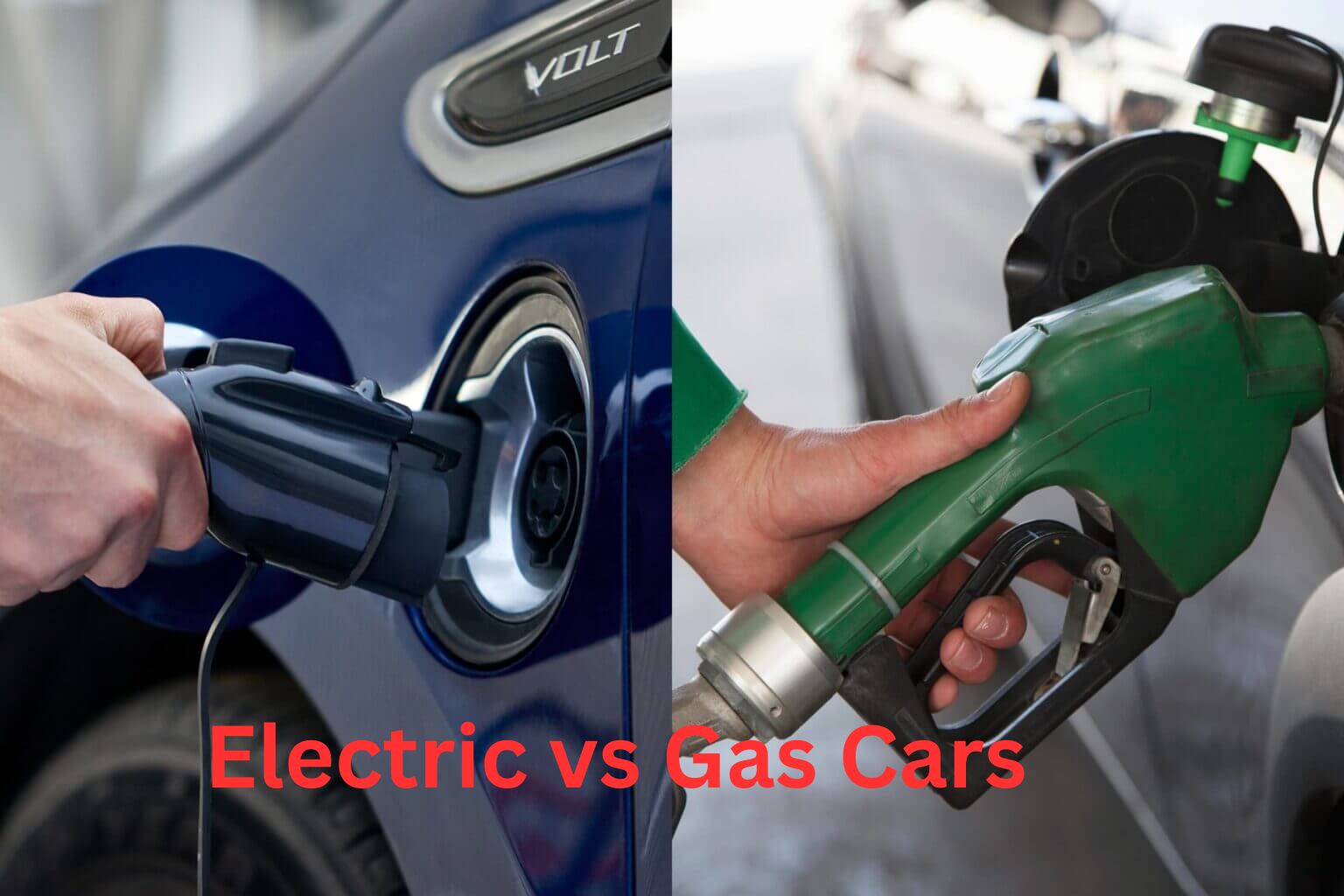When comparing gas cars to electric vehicles (EVs), it’s important to understand the full scope of what each offers. Whether you’re looking to save money, reduce your carbon footprint, or simply find the best vehicle for your needs, this analysis will help clarify the differences between gas cars and electric cars.
Maintenance: A Key Difference
Both gas cars and electric cars require regular maintenance, but the extent and nature of that maintenance differ significantly.
- Gas Cars: Internal combustion engines (ICE) in gas cars require frequent oil changes, usually every 3,000 to 12,000 miles, depending on the vehicle. The mechanical parts within the engine and drivetrain need lubrication to prevent friction, and this requires various fluids that need to be replaced periodically. Additionally, debris in gasoline can clog fuel injectors, reducing engine performance and leading to more maintenance issues.
- Electric Cars: EVs, on the other hand, have far fewer moving parts—about two dozen fewer than a gas car—resulting in significantly less required maintenance. Since EVs don’t have fuel injectors or require oil changes, you save both time and money on maintenance.
Best Car Accessories & Tools
Buy NowAir Quality Impact
Electric cars have been shown to positively impact air quality compared to gas cars. A study conducted in Taiwan found that EVs significantly reduced air pollutants, which in turn had substantial health benefits valued at over $43 billion USD annually.
While You Care for Your Car, Care for Your Child’s Future Too 💖
A fun and educational book every parent should gift their kid.
 Get Kiddy Store Fortune Now
Get Kiddy Store Fortune Now
While ICE engineers are working to lower emissions from gas cars, EVs still maintain a clear advantage in this area.
Safety Considerations
When it comes to safety, electric cars often have an edge over gas cars. Both types of vehicles are tested under the same safety standards, but EVs have additional safety features, such as the ability to cut off power when airbags deploy, reducing the risk of further movement after a crash. Additionally, because EVs don’t run on gasoline, there’s a lower risk of fire in the event of an accident.
Environmental Impact
The environmental impact of electric cars versus gas cars is a crucial factor for many buyers. While electric vehicles still rely on electricity and require battery recycling, they have a much lower impact on climate change compared to gas cars. As energy grids become greener, the carbon footprint of EVs will continue to decrease, unlike gas cars, which will always produce emissions due to their reliance on fossil fuels.
Best GPS Navigation Systems
Also readNoise Pollution
One often overlooked aspect of the gas cars vs. electric cars debate is noise pollution. Gas cars, even the most modern ones, generate more noise due to their internal combustion engines. In contrast, EVs are much quieter, contributing to less noise pollution and promoting healthier, more peaceful communities.
Cost and Benefits Table
| Feature | Gas Cars | Electric Cars |
|---|---|---|
| Maintenance | Frequent oil changes, more moving parts | Minimal maintenance, fewer moving parts |
| Air Quality Impact | Higher emissions | Lower emissions, better air quality |
| Safety | Standard safety features | Additional safety features, lower fire risk |
| Environmental Impact | High due to fossil fuel reliance | Lower with potential for zero emissions |
| Noise Pollution | Higher noise levels | Lower noise levels |
Conclusion: The Future is Electric
Whether you’re concerned about cost, environmental impact, or overall driving experience, electric cars provide a compelling alternative to gas cars. As technology continues to evolve, the benefits of EVs will only increase, making them the forward-looking choice for today’s drivers.
If you’re ready to make the switch, now is a great time to explore your options in electric vehicles.
Also Read This: Best Car Security Cameras

